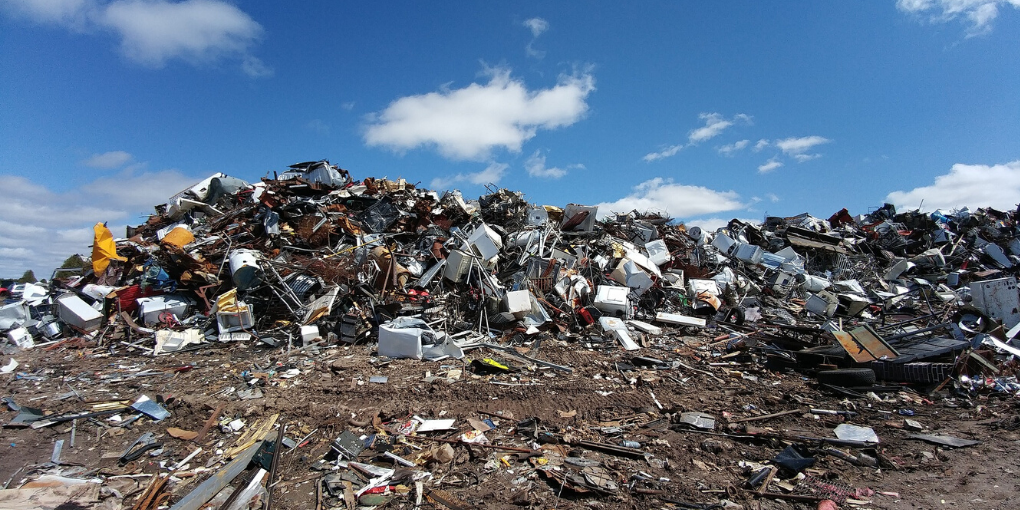Our breathing air is getting increasingly toxic, found a recent report published by Israel’s Environmental Protection Ministry. The report states that landfill fires account for 60% of recognized carcinogen emissions. Those emissions are linked to cancer, and caused a 28% increase in air pollution in Israel.

Of the 570 factories reported on in Israel, the largest sources responsible for the increase were from landfills in southern Israel, including landfills Effe, Duda’im and Yeruham. The municipality of Yeruham has since chosen to shut down the landfill for good, while the other two are being regulated. Haifa, as a heavy industrial center, also remains a main source of pollution; though some reports show a slight decrease in air pollution numbers. The municipality has been making efforts to decrease their toxic impact, yet it seems more regulations and policies need to be put in place in order to see them through.
Natural gas consumption has had a cumulative rise of 123% since 2012, but the changes aren’t happening fast enough. Hundreds of unregulated ‘pirate’ pollutant sites across the country cause damage to the environment, animals, agriculture, and human health.
Israel has a goal of reducing landfill disposal waste from 80% to 26% by 2030. This does not take into account other types of dangerous emissions by oil companies and refineries, which carry heavy weight when it comes to greenhouse gas emission. Perhaps breathing will become more important than business soon. For now, we wait.








